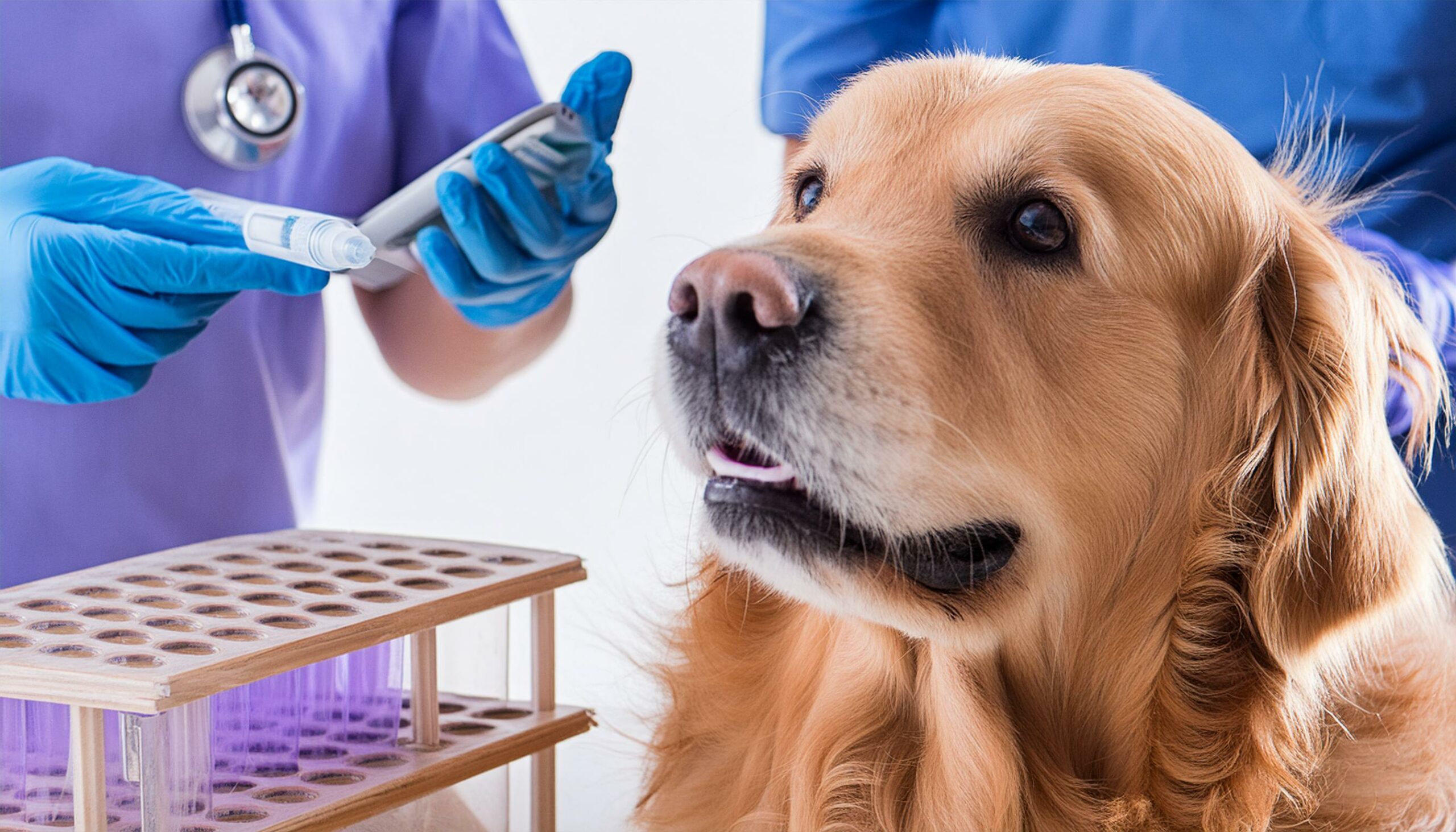Golden Retrievers are known for their friendly temperament and striking golden coats, but like any dog breed, they can suffer from allergies. In this comprehensive guide, we’ll explore the common allergens affecting Golden Retrievers, their symptoms, diagnosis, treatment options, and preventive measures.
Introduction to Golden Retrievers
Golden Retrievers are cherished for their gentle disposition and unwavering loyalty, making them one of the most beloved dog breeds worldwide. Originally bred as hunting companions, they have transitioned into loving family pets known for their intelligence and versatility.
Understanding Allergies in Dogs
Allergies in dogs occur when the immune system reacts excessively to certain substances, known as allergens. These allergens can be found in food, the environment, or even flea saliva. When a Golden Retriever encounters an allergen, it can trigger an immune response, leading to various symptoms.
Common Allergens for Golden Retrievers
Food Allergies
Food allergies in Golden Retrievers can develop over time and are often caused by proteins found in common ingredients like beef, chicken, grains, or dairy products. Symptoms may include itching, gastrointestinal upset, and ear infections. Identifying and eliminating the allergenic food from their diet is crucial for managing food allergies.
Environmental Allergies
Environmental allergens such as pollen, mold, and dust mites can provoke allergic reactions in Golden Retrievers, especially during certain seasons. Symptoms may manifest as itching, sneezing, watery eyes, and skin irritation. Minimizing exposure to these allergens through regular grooming and keeping indoor environments clean can help alleviate symptoms.
Flea Allergies
Flea allergies are a common problem for Golden Retrievers, as flea saliva contains proteins that can trigger allergic reactions. Even a single flea bite can lead to intense itching and discomfort. Preventive measures such as regular flea treatments and maintaining a clean living environment are essential for managing flea allergies.
Symptoms of Allergies in Golden Retrievers
Identifying the symptoms of allergies is crucial for early intervention and effective management. Common signs of allergies in Golden Retrievers include excessive itching and scratching, red or inflamed skin, hair loss, ear infections, sneezing, coughing, and gastrointestinal issues.
Diagnosing Allergies in Golden Retrievers

Diagnosing allergies in Golden Retrievers typically involves a thorough examination by a veterinarian. This may include reviewing the dog’s medical history, conducting allergy testing such as blood tests or skin tests, and ruling out other potential causes of symptoms.
Treatment Options for Allergies
Dietary Changes
Switching to a hypoallergenic or limited ingredient diet can help manage food allergies in Golden Retrievers by eliminating common allergens. These specialized diets are formulated to be easily digestible and minimize the risk of triggering allergic reactions.
Medications
Medications such as antihistamines, corticosteroids, or immune-modulating drugs may be prescribed to alleviate allergy symptoms in Golden Retrievers. These medications work by reducing inflammation, itching, and discomfort associated with allergic reactions.
Allergy Shots
Allergy shots, also known as immunotherapy, can be effective for Golden Retrievers with severe allergies. By gradually exposing the dog to small amounts of allergens, allergy shots help desensitize the immune system over time, reducing the severity of allergic reactions.
Environmental Management
Minimizing exposure to environmental allergens is essential for managing allergies in Golden Retrievers. Regular grooming, vacuuming, and using air purifiers can help reduce the presence of allergens in the home environment, providing relief for allergic dogs.
Prevention Tips
- Feed your Golden Retriever a high-quality diet free from common allergens.
- Keep your home clean and well-maintained to minimize exposure to environmental allergens.
- Use flea control products regularly to prevent flea infestations and allergic reactions.
- Schedule regular check-ups with your veterinarian to monitor your dog’s health and detect any allergies early.
Conclusion
Golden Retrievers bring joy and companionship to countless families, but their susceptibility to allergies requires careful attention and management. By understanding the common allergens affecting Golden Retrievers and implementing preventive measures, you can ensure a happy and healthy life for your beloved pet.
FAQs
Can Golden Retrievers develop allergies as they age?
Yes, Golden Retrievers can develop allergies at any stage of life, although they may become more apparent as they age due to changes in their environment or diet.
What are the most common signs of allergies in Golden Retrievers?
Common signs of allergies in Golden Retrievers include itching, skin irritation, ear infections, gastrointestinal upset, sneezing, and coughing.
How can I determine if my Golden Retriever has food allergies?
Food allergies in Golden Retrievers can be diagnosed through a process of elimination by introducing hypoallergenic or limited ingredient diets and monitoring for improvements in symptoms.
Are there any natural remedies for treating allergies in Golden Retrievers?
While some natural remedies such as omega-3 fatty acids and probiotics may provide relief for allergy symptoms, it’s essential to consult with your veterinarian before introducing any new treatments.
Can allergies in Golden Retrievers be cured completely?
While allergies in Golden Retrievers cannot be cured, they can be effectively managed through a combination of dietary changes, medications, environmental management, and allergen-specific immunotherapy.
